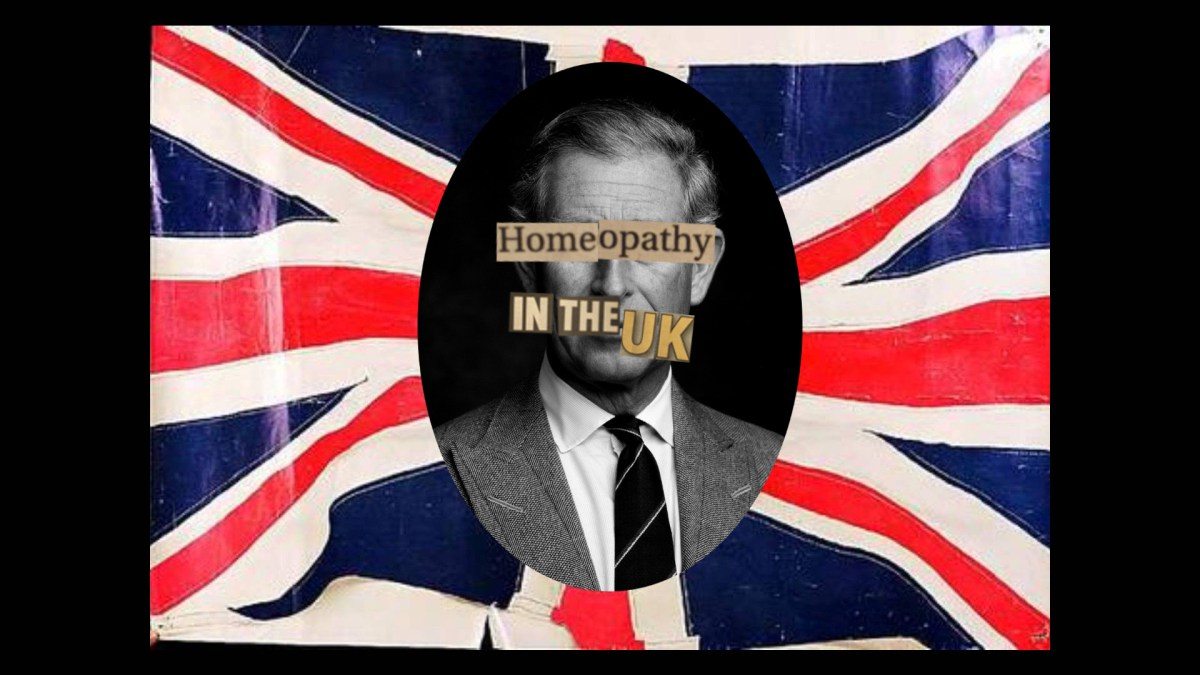Results for: non-specific effects
Conflicts of Interest
When an article is published in a medical journal, the authors must disclose any conflicts of interest. This is important, because even if they think owning stock in the drug company won’t influence their scientific judgment, we know that subtle biases can creep in to somehow affect the findings of studies. It has been shown that studies funded by drug companies are...
Acupuncture and the Hazard of Nonsense
A recent study published in the Archives of Opthalmology compare patching of one eye vs acupuncture in the treatment of amblyopia in older children, and finds positive results from acupuncture. The study, and its press, are a good example of the hazards of studying highly implausible modalities. First let’s dissect the study itself – from the abstract: In a single-center randomized controlled...
A Pair of Acupuncture Studies
Two recent acupuncture studies have received some media attention, both purporting to show positive effects. Both studies are also not clinical efficacy trials, so cannot be used to support any claims for efficacy for acupuncture – although that is how they are often being presented in the media. These and other studies show the dire need for more trained science journalists, or...
Our Visit with NCCAM
Over the past two plus years of the existence of Science-Based Medicine (SBM) we have been highly critical of the National Center for Complementary and Alternative Medicine (NCCAM) – going so far as to call for it to be abolished. We are collectively concerned that the NCCAM primarily serves as a means for promoting unscientific medicine, and any useful research it funds...
Acupuncture for Depression
One of the basic principles of science-based medicine is that a single study rarely tells us much about any complex topic. Reliable conclusions are derived from an assessment of basic science (i.e prior probability or plausibility) and a pattern of effects across multiple clinical trials. However the mainstream media generally report each study as if it is a breakthrough or the definitive...

Homeopathy Gets a Reality Check in the UK
The House of Commons Science and Technology Committee (STC) has released a report, Evidence Check 2: Homeopathy, in which they recommend that the NHS stop funding homeopathy. The report is a rare commodity – a thoroughly science-based political document. The committee went beyond simply stating that homeopathy does not work, and revealed impressive insight into the ethical, practical, and scientific problems caused...
The Need for Transparency
A recent editorial in PLOS Medicine discusses the need for transparency in the medical literature, specifically with regard to comparative effectiveness research (CER). The editorial makes many excellent points, but also puts into clear relief the double standard that is consciously being fabricated by proponents of non-science-based medicine. I wrote previously about another editorial that took a very different approach. Speaking for...
Integrative Obfuscation
The marketing of so-called CAM or integrative medicine continues. These terms are just that – marketing. They are otherwise vacuous, even deceptive, and meant only to conceal the naked fact that most medical interventions that hide under the CAM/integrative umbrella lack plausibility or credible evidence that they actually work. Medicine that works is simply “medicine” – everything else needs marketing. Last week...
The Rise of Placebo Medicine
It is my contention that terms such as “complementary and alternative medicine” and “integrative medicine” exist for two primary purposes. The first is marketing – they are an attempt at rebranding methods that do not meet the usual standards of unqualified “medicine”. The second is a very deliberate and often calculating attempt at creating a double standard. We already have a standard...
Edzard Ernst Does It Again
Publishing one excellent book is an accomplishment; publishing two in one year is a truly outstanding achievement. In 2008 Edzard Ernst and Simon Singh published a landmark book Trick or Treatment: The Undeniable Facts About Alternative Medicine. I reviewed it on this blog last summer. It is particularly important since Ernst is a former advocate for CAM (complementary and alternative medicine) who...

